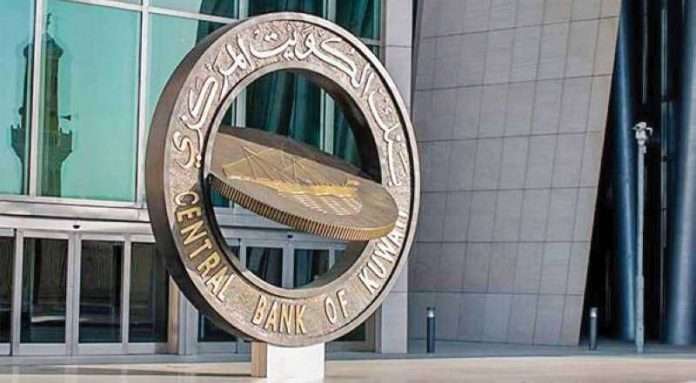The Central Bank of Kuwait, in line with Law No. 20 of 2014 on electronic transactions, has assumed full authority over supervising and regulating electronic fund payments. As part of its commitment to staying abreast of advancements in electronic payments and empowering institutions in the field, the Central Bank has recently issued updated instructions for the regulation of electronic payment systems. These instructions, in their final form, serve as an updated version of the guidelines initially issued in 2018, reports Al-Rai Daily.
In a statement released by the Central Bank of Kuwait, it was highlighted that the instructions aim to provide a comprehensive framework for financial institutions engaged in electronic payment activities. They outline the requirements for existing and emerging institutions involved in electronic payment or electronic money businesses, as well as those operating electronic payment systems. The instructions categorize licenses into five types, tailored to the size and nature of each institution’s activities.
The regulatory requirements and controls delineated in the instructions cover various aspects of operation. These include governance, risk management, combating money laundering and terrorist financing, cyber security, business continuity, and customer protection. By adhering to these guidelines, institutions are expected to enhance the safety and stability of payment systems in Kuwait.
The Central Bank’s commitment to overseeing electronic payment activities stems from its role in safeguarding the interests of both consumers and financial institutions. By providing clear guidelines and enforcing regulatory standards, the Central Bank aims to foster a secure and transparent electronic payment ecosystem in Kuwait.

















